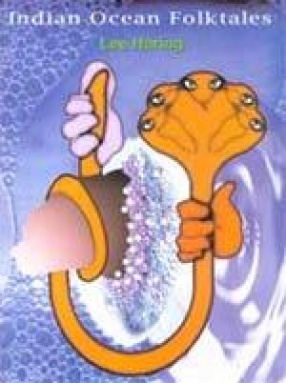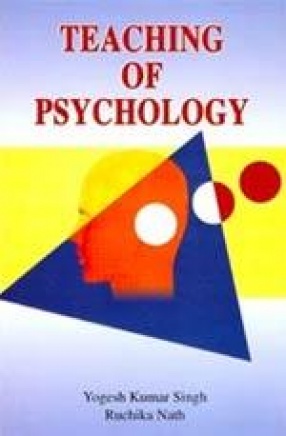What happened to the inherited traditions of African, Indian, Chinese, and European peoples after they settled in this region? What attitudes did slaves, indentured labourers, and colonists develop towards past traditions? How much verbal art was retained and transmitted from Africa, India, China and Europe? Which tales, riddles, proverbs, or songs were unconsciously discarded? Part of the answer lies in the history of language. The Creole languages invented and developed in these early days gave labourers a code for verbal play (though they certainly didn’t have to invent double meanings and sexual innuendoes, as historian Paul Ottino has pointed out). The rest of the answer is given by Yves Blandenet: each of the ethnic groups attempted to reconstitute a mental universe by integrating its older models into the new socio-cultural environment. Assembling diasporic populations on island territories caused cultures to mix. Mixing caused people to be more keenly aware of their heritage. It also enabled them to borrow from one another’s traditions. Folktales in the Southwest Indian Ocean show this history.
Christianity and Conversion in India
$13.50
$15.00




There are no reviews yet.